Over the past month, a medical facility in Ho Chi Minh City has admitted about 20 children aged 8-12 with nodular gastritis caused by HP bacteria infection.
Children infected with HP bacteria have symptoms of abdominal pain, digestive disorders for a long time (about a year) with loss of appetite and malnutrition. However, the symptoms are not specific, often confused with other diseases so they are easily overlooked.
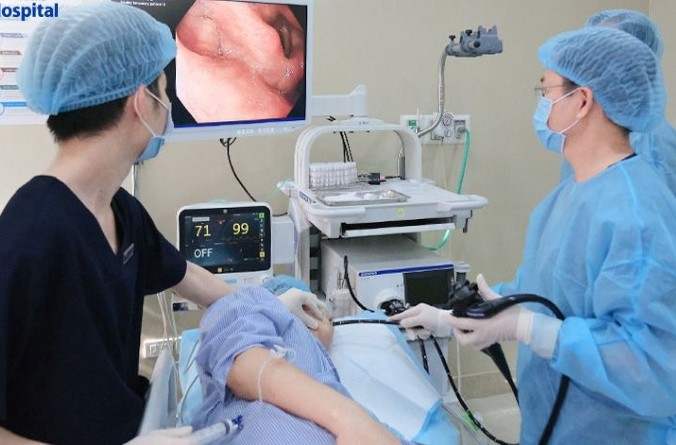 |
| Over the past month, a medical facility in Ho Chi Minh City has admitted about 20 children aged 8-12 with nodular gastritis caused by Hp bacteria infection. |
For example, Minh, 8 years old, was brought to the doctor by his parents with a weak body and poor appetite for nearly a year. Blood test results showed that the child was positive for HP bacteria, possibly transmitted from his parents because both were infected with Hp bacteria. The doctor ordered an endoscopy and found that the child's stomach was severely inflamed with many inflammatory nodules.
Similarly, An, 11 years old, in Dong Nai , came to the clinic because he was underweight, weak, full quickly, had frequent upper abdominal pain, and occasionally vomited. Thinking that his child had a poor appetite, the family changed his diet but there was no improvement. The results of a rapid Hp test and endoscopy showed that An was positive for Hp and had many inflamed spots in his stomach.
Biopsies were taken from both children during the endoscopy. The biopsies were then cultured for antibiotic sensitivity testing. The treatment regimen was based on the results of the two-week antibiotic sensitivity test and the specific age of the child. After treatment, the two children no longer had symptoms of abdominal pain or vomiting, and their health improved.
Dr. Tran Thanh Binh, Center for Endoscopy and Endoscopic Surgery of the Digestive System, Tam Anh General Hospital, Ho Chi Minh City, said that the discovery of many children with stomach diseases related to Hp bacteria may be due to increased awareness among the people, so when children show abnormal signs, they take them for early examination. Currently, endoscopy for children is easy to perform in the hospital, so this technique is more accessible.
HP lives and develops under the gastric mucus layer, causing diseases in the gastric mucosa. This bacteria has the ability to secrete enzymes and toxins that damage the gastric and duodenal mucosa, causing acute or chronic gastroduodenal ulcers, gastritis, gastric mucosal B lymphoma, and stomach cancer.
HP in children has a high chance of recurrence, not to mention antibiotic resistance, which reduces the effectiveness of treatment. Therefore, children need to follow the instructions and be closely monitored during treatment.
HP bacteria are transmitted from person to person through many different routes such as mouth-to-mouth contact with saliva or digestive fluids of people carrying the virus.
HP is also transmitted through the fecal-oral route due to unhygienic living and eating habits. HP infection through the stomach and mouth is often from medical equipment such as endoscopes and dental equipment that do not follow sterilization procedures.
According to Dr. Lam Boi Hy, Pediatrics Department, about 70% of Vietnamese people are infected with HP bacteria. Of which, the rate of children with HP-induced gastritis is still quite high, usually at the stage of going to kindergarten, that is, around 2-6 years old, children will have a high risk of infection.
At this age, children do not know how to maintain hygiene when eating and drinking, often eating with adults, making them susceptible to infection. However, not all cases of Hp bacteria causing gastrointestinal diseases.
Doctor Hy said that if a parent has HP, the child has a 30-50% chance of being infected. If both parents are infected with HP, the child has a 70-80% chance of being infected. In addition, the source of infection can also come from classmates, other family members through eating together, or even in the community.
If a child is infected with Hp but has no symptoms, treatment is not necessary, according to Dr. Binh. People who have symptoms such as stomach ulcers need to be actively treated to prevent complications such as persistent stomach ulcers, abdominal pain, and anemia. Severe cases can cause gastrointestinal bleeding such as vomiting blood, black stools, or perforation of the stomach or duodenum.
Long-term HP infection can easily turn into chronic gastritis such as atrophic gastritis, early intestinal metaplasia, high risk of stomach cancer later, and is a source of infection for people around.
HP bacteria is the leading cause of gastric and duodenal ulcers. Doctor Thanh Binh recommends that parents take precautions and teach their children to use their own personal items, eat cooked food, drink boiled water, and get adequate nutrition.
When seeing children with suspected symptoms of abdominal pain, digestive disorders, vomiting, and prolonged fatigue, parents need to take their children to a reputable medical facility for examination and diagnosis.
Source: https://baodautu.vn/nhieu-tre-mac-viem-da-day-do-nhiem-vi-khuan-hp-d218950.html





![[Photo] General Secretary To Lam receives Chief of the Central Office of the Lao People's Revolutionary Party](https://vphoto.vietnam.vn/thumb/1200x675/vietnam/resource/IMAGE/2025/5/30/140435f4b39d4599a3d17975dfb444c5)


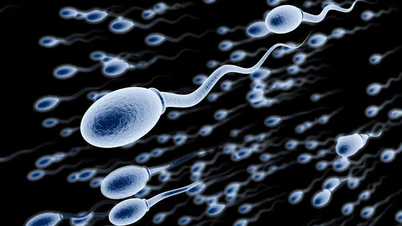

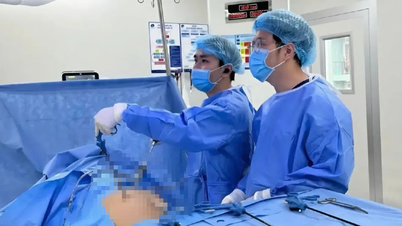


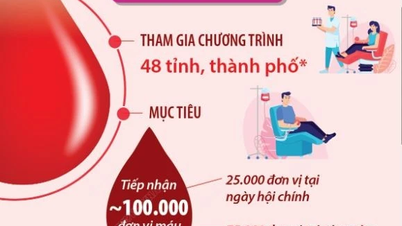
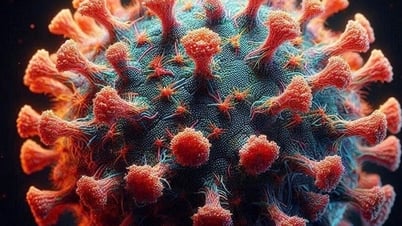

![[Video] Ho Chi Minh City: Number of COVID-19 cases increases rapidly, 2 deaths recorded](https://vphoto.vietnam.vn/thumb/402x226/vietnam/resource/IMAGE/2025/5/31/5fe289cf72774d918f23fe88bb1686ce)











![[Photo] National Conference "100 years of Vietnamese Revolutionary Press accompanying the glorious cause of the Party and the nation"](https://vphoto.vietnam.vn/thumb/1200x675/vietnam/resource/IMAGE/2025/5/30/1cf6cd5c8a934ebfa347028dcb08358c)













































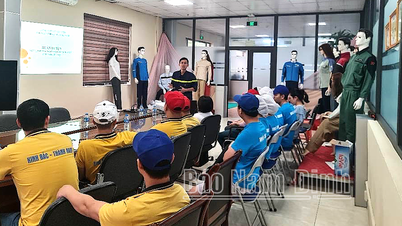





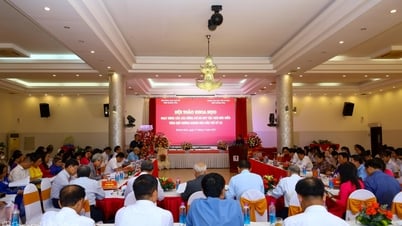







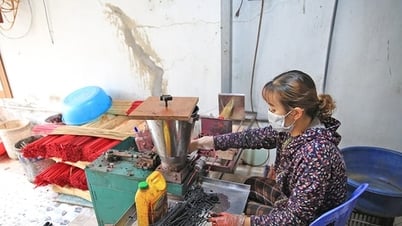







Comment (0)